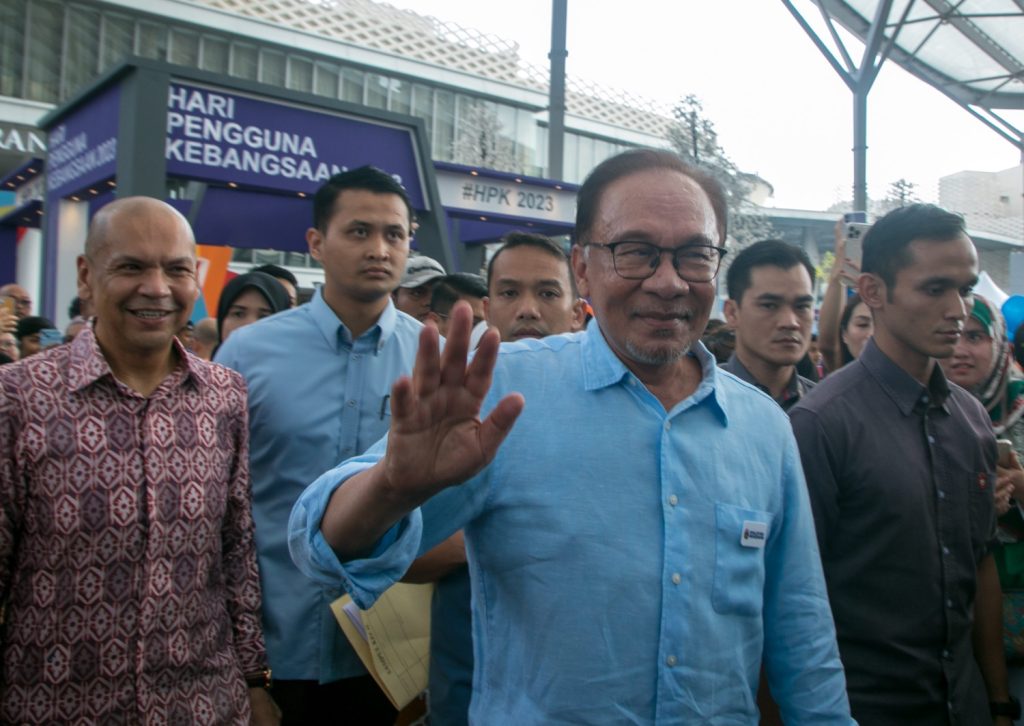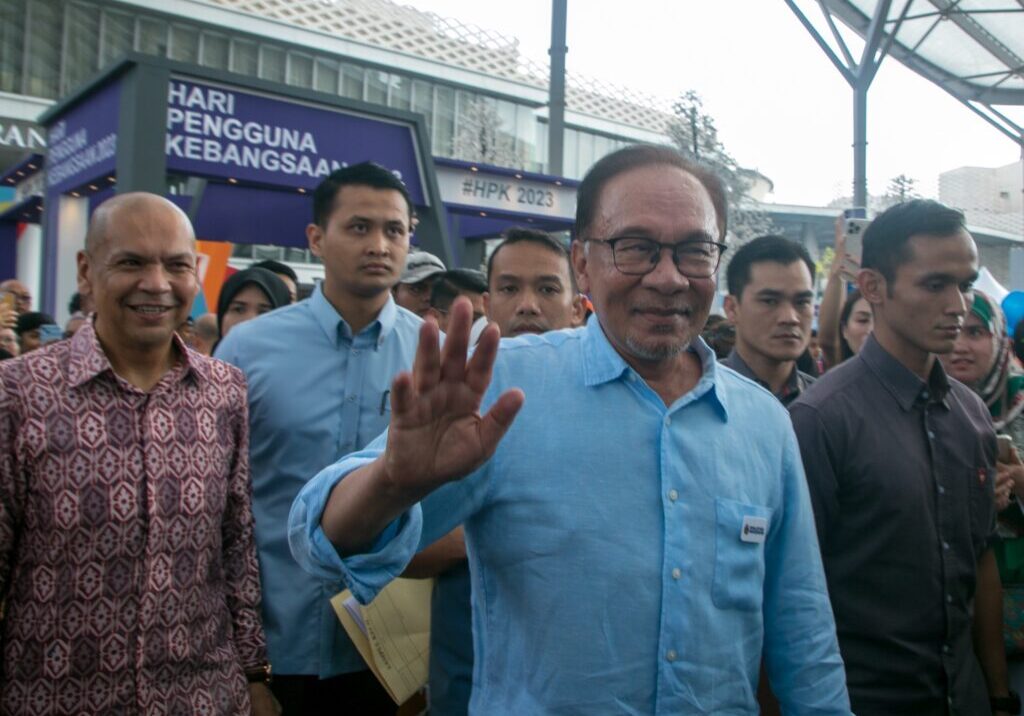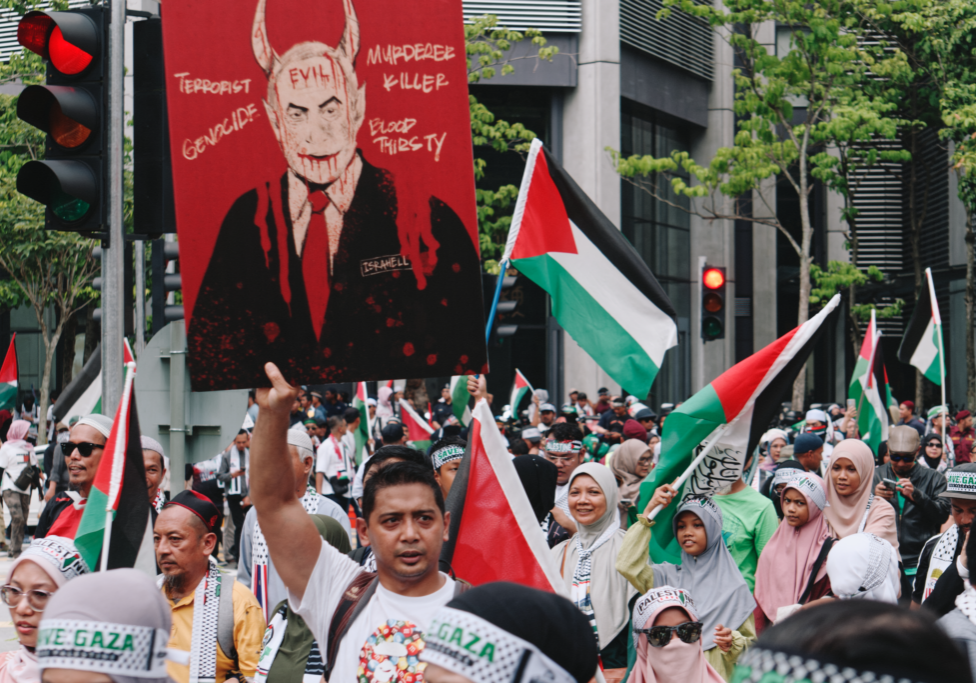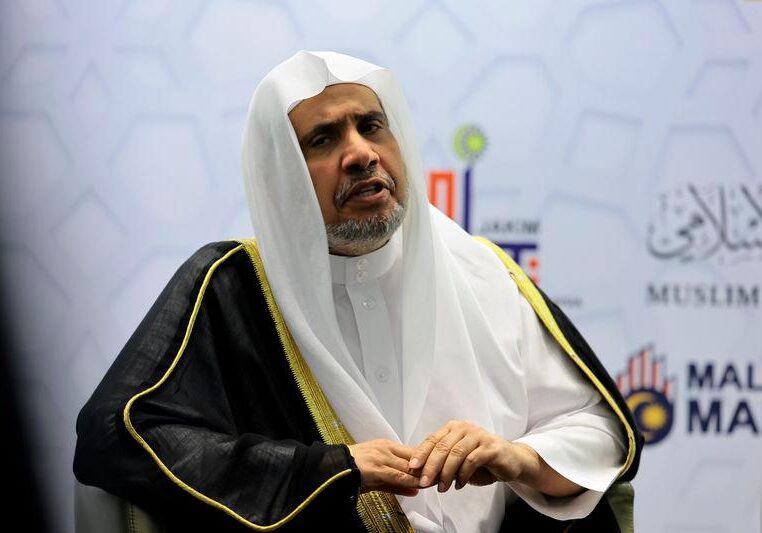Australia/Israel Review
Asia Watch: The Great Divide
Aug 29, 2023 | Michael Shannon

Some Malaysian civil society groups had hoped their country would slowly become more tolerant once the progressively-minded Anwar Ibrahim became prime minister in November last year. However, with a resurgent conservative and Malay Muslim-centric opposition, such hopes would appear to be premature at best.
In the lead-up to elections in six Malaysian states – five of which are majority ethnic Malay – Anwar’s Government moved to ban Swatch watches and accessories with LGBTQ references and made possessing them punishable by up to three years in prison.
“The Malaysian government is committed to preventing the spread of elements that are harmful or may harm morality, public interest and the country… or national interest, by promoting, supporting, and normalising the LGBTQ+ movement that is not accepted by the general public in Malaysia,” the Home Ministry’s Facebook post said.
The ministry did not specify which Swatch watches it banned, but in May it seized 172 rainbow-coloured watches from Swatch’s 2023 Pride collection from 11 stores around the country, and told five of them to remove those items from their shelves. On its website, Swatch describes its Pride collection as “vibrant designs represent[ing] six colours of the Pride flag – a symbol of humanity that speaks for all genders and all races.”
In July, the Government banned a British indie-rock band ‘The 1975’ after singer Matt Healy at the Good Vibes music festival launched an on-stage expletive-laden rant against Malaysia’s anti-LGBTI laws, saying: “I do not see the point of inviting ‘The 1975’ to a country and then telling us who we can have sex with,” and then kissed bassist Ross MacDonald. The outburst led to the band’s set being cut short and the eventual cancellation of the remaining two days of the festival.
Some say the recent heavy-handed interventions were an attempt by Anwar’s Pakatan Harapan-led (PH) coalition to increase its vote base among the rural, conservative Malay Muslim electorate. If so, the results in the August 12 state elections show the needle has not shifted – with both the PH coalition and the conservative, Islamist Perikatan Nasional (PN) opposition bloc retaining control of three states each as widely expected.
Some interpret the result as a personal triumph for Anwar in resisting what was feared to be an opposition tide, as PH triumphed in Selangor and Penang, two of the country’s richest states, as well as Negeri Sembilan. He may well have bought some time to introduce promised reforms, having said a win for his unity government would save the country from racial and religious bigotry.
Yet, the sobering reality is that the PN bloc, led by former Prime Minister Muhyiddin Yassin, made gains in the three Government-held states, notably making big inroads in the key state of Selangor, and made nearly a clean sweep of seats in Kedah, Kelantan and Terengganu. These states, along with Perlis captured last November, effectively constitute a “green wall” of conservative, rural Malay-dominated states, clearly dividing the Malaysian peninsula into two politically distinct parts, polarised as never before.
PN’s largest member, the ultraconservative Parti Islam SeMalaysia (PAS), despite a poor economic track record in the three states it rules, played heavily to Malay-centric racial and religious sentiments and was rewarded with its strongest ever result – winning all but two of 45 seats in a landslide victory in Kelantan and fully capturing Terengganu, leaving the state without an opposition. It now has the best electoral machinery in the country, making PN a formidable opponent in the next general election due in 2027.
PH’s major problem is that it isn’t popular within the Malay heartlands – many view Anwar as too liberal and fear their Islamic identity and economic privileges under the entrenched affirmative action program could be eroded. The fact that Anwar retains strong approval ratings among minority Chinese and Indians only feeds this perception.
Meanwhile, the coalition partner that enabled it to form government – the long-dominant United Malay National Organisation (UMNO), led by the indicted and tainted Ahmad Zahid Hamidi – has become a liability. The Malay support it was able to harness for 70 years has quickly drained away to the opposition PN bloc amid perceptions that the party has been relegated to a junior partner in government.
UMNO is now beset by internal strife, with some senior party figures openly calling for Zahid’s resignation, which could potentially destabilise the unity government in the months ahead, given the pivotal role Zahid played in Anwar’s rise to the premiership.
The alliance between former long-time adversaries may well limp on, while the question of who is a liability to whom remains an open one.
Tags: Malaysia






